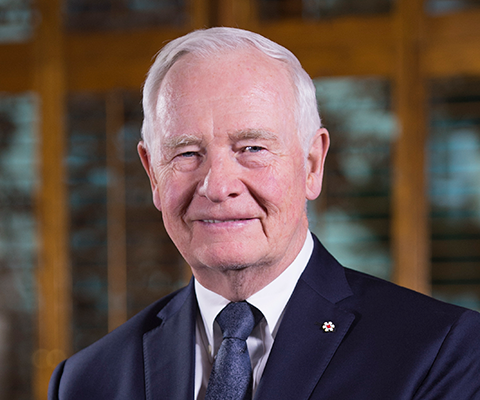Budget 2019: Investments in skills and talent recognize central role of universities

OTTAWA – The government’s support for lifelong and work-integrated learning, skills development, international study, and ensuring more people of all ages and backgrounds benefit from a university education will help Canadians thrive in the labour markets of today and tomorrow.
Specifically, Canada’s universities applaud Budget 2019’s commitment to help students enter the workforce through 40,000 proposed new work placements per year by 2023-24, and to support the Business/Higher Education Roundtable’s creation of an additional 44,000 work-integrated learning opportunities by 2021.
Universities are also pleased the government recognizes the importance of global experience and will invest $147.9 million over five years for an International Education Strategy. The strategy will promote Canada as a leading study destination and give more students the international study and work opportunities so highly sought by Canadian employers.
To sustain momentum on research and innovation, this budget will invest $114 million over five years, starting in 2019–20, and $26.5 million per year ongoing in the federal granting councils’ Canada Graduate Scholarship program. This builds on the Fundamental Science Review’s call for better support for Canada’s next generation of researchers and innovators who are addressing some of the worlds’ biggest challenges.
Today’s budget also introduced several investments aimed at helping Canadians expand their skills and navigate transitions to and within the workforce including:
- the new Canada Training Benefit to help people plan for and get the training they need
- expanded paid parental leave for students and postdoctoral fellows, which will further improve equity and inclusion in university research
- modernization of the Canada Student Loan program to better respond to the needs of vulnerable students.
Universities across the country appreciate budget measures that aim to improve the quality of life for First Nations, Inuit and Métis Peoples in Canada including:
- more funding for the Post-Secondary Student Support Program to advance self-determination in education
- expanded postsecondary options within the Arctic and northern regions of Canada
- an additional $9 million over three years for bursaries and scholarships at Indspire.
Budget 2019 measures that benefit universities build upon Budget 2018’s historic investment in university research and Budget 2016’s support for postsecondary infrastructure, which enhanced student education and learning environments through more than 300 funded projects.
Quotes
“The government is taking the right steps to help Canadians build the skills and capacity they need to reach their potential in our shifting global economy. Connecting more students with employers in the private sector and civil society during their studies will pay dividends for all for years to come.”
– Mike Mahon, president of the University of Lethbridge and chair of Universities Canada
“Our ability to adapt to technological advances, diversify trade relations, invest in talent and instil a mindset of lifelong learning will be the keys to Canada’s success. In each of its budgets, this government has shown that universities are vital to navigating this future, through support for infrastructure, research and skills development.”
-Sophie D’Amours, rector of Université Laval and vice-chair of Universities Canada.
-30-
About Universities Canada
Universities Canada is the voice of Canada’s universities at home and abroad, advancing higher education, research and innovation for the benefit of all Canadians.
Media contact:
Lisa Wallace
Assistant Director, Communications
Universities Canada
[email protected]
Tagged: Co-ops and internships, Indigenous education, Study abroad




